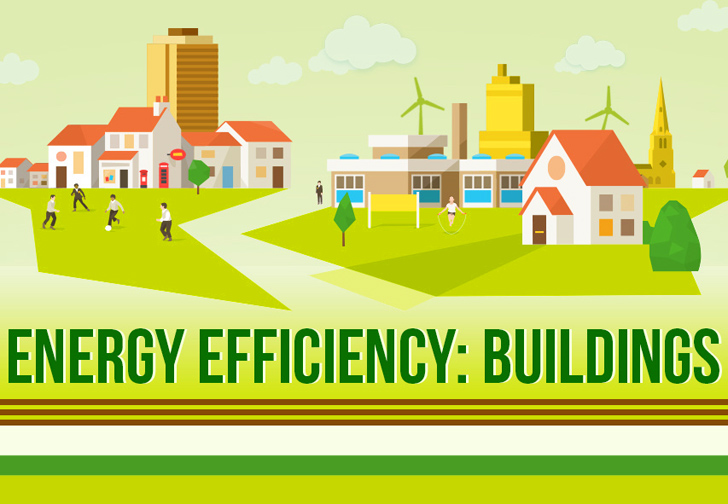Srinagar: Jammu and Kashmir is bracing up to enforce Energy Conservation Building Code (ECBC) and Eco Niwas Samhitta (ENS) in the union territory.
Jammu and Kashmir administration has constituted a 25-member committee headed by the Power Development Department, which will supervise the process of environment-friendly commercial structures.
“The committee has to ensure implementation and enforcement of Energy Conservation Building Code and Eco Niwas Samhitta in Jammu and Kashmir,” said Principal Secretary to Government Manoj Kumar Dwivedi in a circular.

Under the Energy Conservation Building Code, the main objective of the government is to establish minimum requirements for energy-efficient designs.
Similarly, Eco Niwas Samhitta sets standards for ‘building envelopes,’ and lays down the minimum requirements for building services, indoor electrical end-use, and renewable energy systems.
Officials said that the committee has to forward its recommendations to the bureau. It will assist the National Energy Conservation Building Code Implementation Committee to develop and revise energy consumption standards for buildings in terms of the energy performance index.
As per an official communique, the Principal Secretary to Government has asked the committee members to promote the construction of energy-efficient buildings, ensuring adherence to the climatic conditions.
Similarly, the committee has been tasked to promote capacity building of professionals, developers, and contractors to promote energy-efficient designs in close coordination with the jurisdiction authorities.
The committee members have been also ordered to create awareness about the Energy Conservation Building Code and the procedure for the erection of code-compliant buildings.
After implementation, the administration will review the annual work of the empanelled energy auditors.
Chief Town Planner Jammu Anil Raina who is also a member of the committee told The Kashmir Monitor that these guidelines are meant for commercial and non-residential buildings.
He said the buildings under ECBC and Eco Niwas Samhitta will help the administration in its mission to conserve energy.
“Such buildings will have solar panels as a source for electricity and plantation in the surroundings to keep the environment clean. From architect designs to various other aspects, energy conservation will be a priority,” he said.
The ECBC for commercial buildings was revised and updated in June 2017. At the time of launching the ENS in 2018, the Union Ministry of Power had noted that its implementation was expected to save 125 billion units of electricity annually by 2030.
Discover more from The Kashmir Monitor
Subscribe to get the latest posts to your email.




